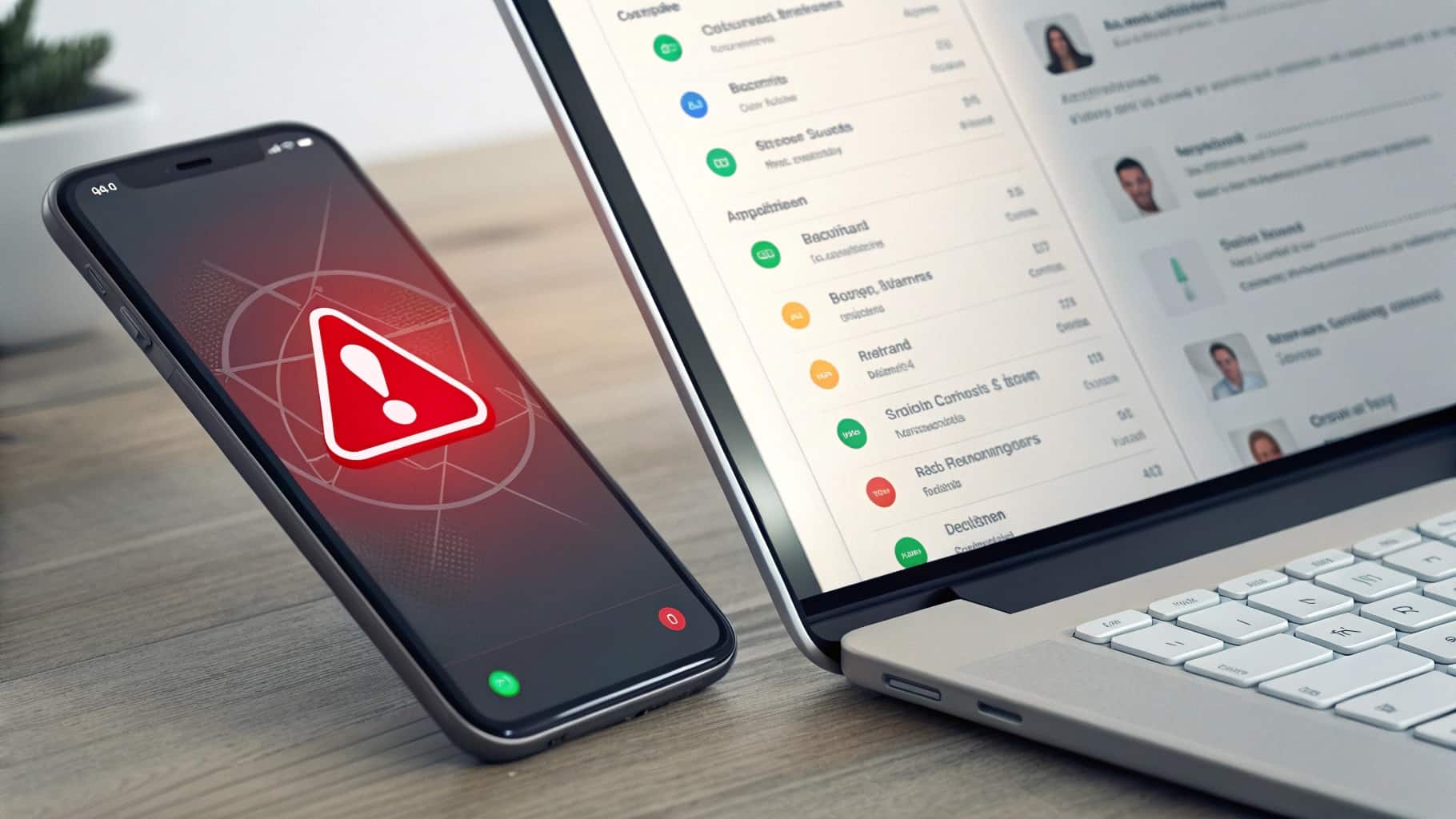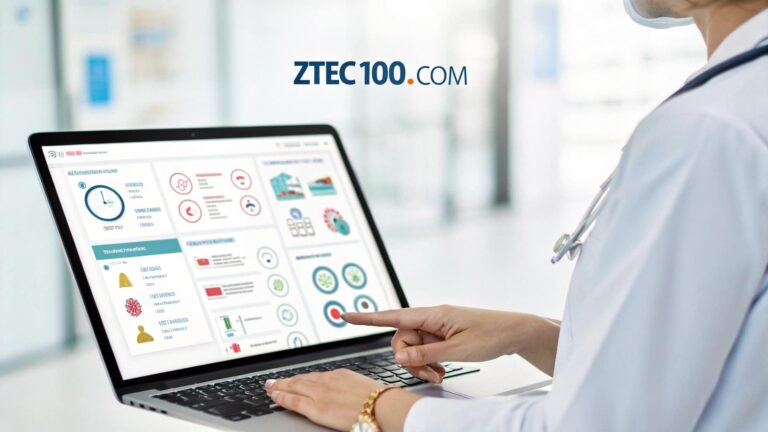8446720673 – Don’t Fall For This Tax Relief Robocall Scam!
Have you recently received a call from 8446720673 claiming to offer debt relief or help with your outstanding tax filings? If so, you are not alone. Reports from all over the country suggest that this number is associated with a robocall scam pretending to be a legitimate government program offering tax relief.
Stay tuned with us, we will uncover the truth behind this number, analyze real user reports, explore red flags to look out for, and provide essential tips on how to stay safe from these deceptive robocalls. Read on to understand how this scam works and learn how to protect yourself.
What Is 8446720673 and Why Are People Receiving Calls From It?
The number 8446720673 is a toll-free robocall flagged by many users for suspicious activity. Many report receiving multiple calls daily from this number. Some users even mention that the frequency of calls increases if you press any buttons, such as requesting to be removed from the list.
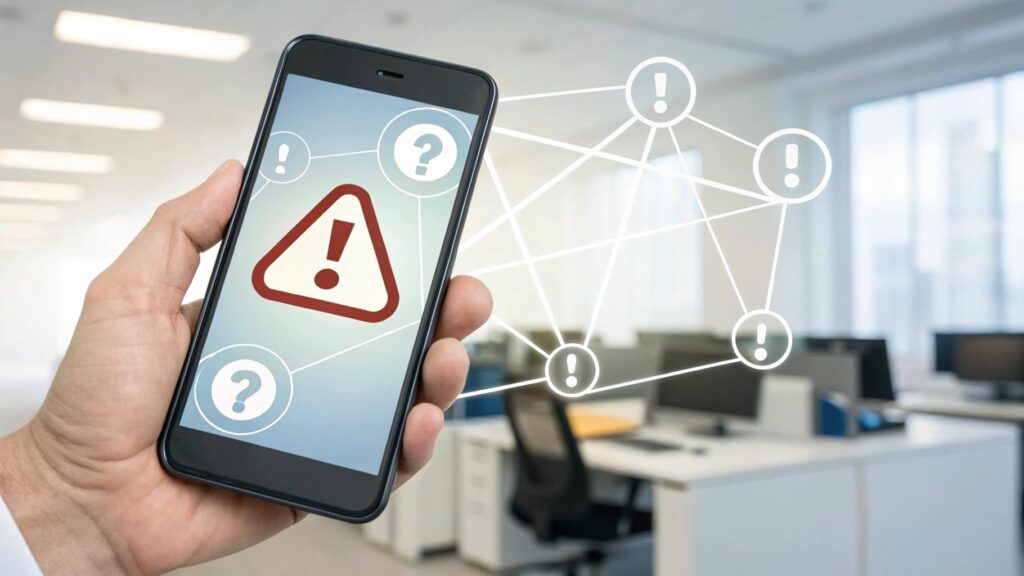
When they answer, they hear a recorded message from someone claiming to be “Brian Ellis,” offering help through a Fresh Start Program related to tax debt. These calls are a part of a growing trend of IRS impersonation scams where fraudsters attempt to sound official to gain trust and personal information.
The “Brian Ellis” Script and the Fresh Start Program:
When you pick up the phone, the call usually begins with a voice saying, “Hi, this is Brian Ellis, calling about your eligibility for the Fresh Start Program…” It sounds official, but it’s a robocall script used in many tax relief scams.
The message claims your case was “reviewed” and that you may qualify for debt forgiveness or tax assistance. But here’s the catch — most people receiving these calls have no unpaid taxes. This tactic creates urgency and makes the call seem legitimate, aiming to trick you into sharing personal or financial information.
Is the Promise of Tax Relief and Debt Reduction from 8446720673 Too Good to Be True?
The call from 8446720673 promises quick tax relief and debt reduction, but these offers are likely scams. Here’s why:
- Unrealistic Claims: No legitimate agency promises immediate tax forgiveness over the phone.
- No Official Communication: Legitimate tax programs contact individuals via mail, not robocalls.
- Exploiting Vulnerability: Scammers prey on financial stress to trick people into sharing personal info.
- Upfront Fees: Scammers may ask for “processing fees” for non-existent services.
- Pressure Tactics: Urgency is created to make you act quickly without thinking.
- No Guaranteed Relief: Genuine programs don’t guarantee instant debt forgiveness.
Always verify claims through official channels to avoid falling for scams.
Is 8446720673 A Legitimate Government Call?
Absolutely not. The number 8446720673 is not connected to the IRS or any official government agency. Scammers use caller ID spoofing to make it seem like the call is coming from a real source.
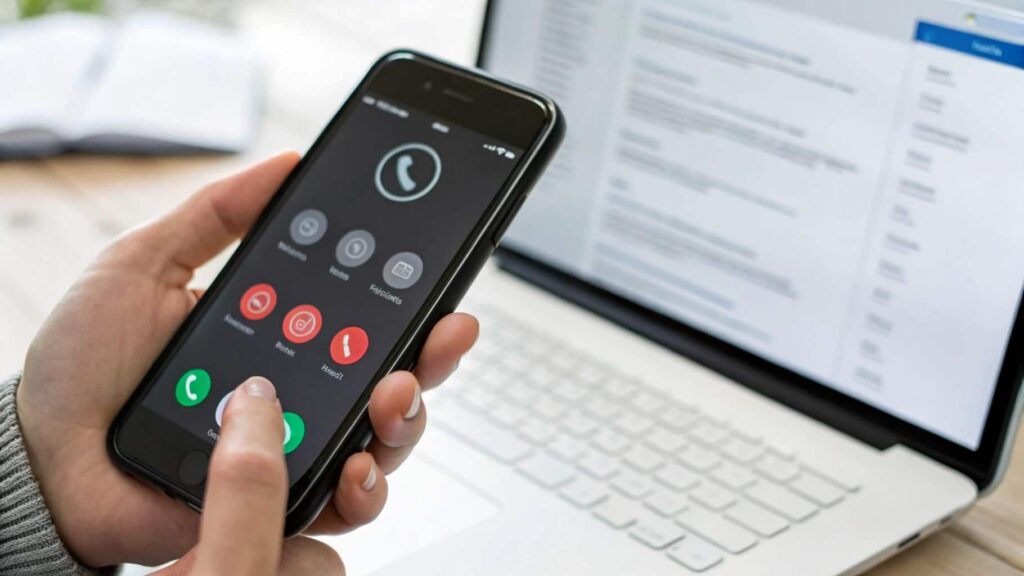
The IRS never calls unexpectedly to demand payment, offer Fresh Start enrollment, or request personal details over the phone. If you receive such a call, it’s a red flag for an IRS impersonation scam — one of the most common and dangerous types of fraud today. Real agencies send notices through mail, not unsolicited robocalls.
IRS or Fake? – How to Tell the Difference!
It’s important to know how to differentiate between a legitimate IRS call and a scam. Here’s how:
- Official IRS Procedures: The IRS does not call you unexpectedly. They will always send a letter first if they need to contact you.
- Automated vs. Personal Contact: Scammers often use automated messages. The IRS will never use a robocall to request personal or financial information.
- Urgency and Threats: Scammers create a sense of urgency, claiming that immediate action is required, such as paying overdue taxes. The IRS does not demand immediate payment over the phone.
- Request for Sensitive Information: The IRS will never ask you to provide personal details like your SSN, credit card numbers, or bank account info over the phone.
- Call Back or Press Buttons: Scammers ask you to press a button or return the call. The IRS communicates via formal notices, not via calls asking you to act immediately.
If in doubt, always hang up and contact the IRS directly through their official website.
What Are People Saying Online About 8446720673?
Reports from all over the internet have flagged 8446720673. On websites like 800notes and tellows, users share their experiences of receiving these robocalls daily. Many mention that pressing “9” to be removed from the list only worsens the situation, with calls continuing soon after.
Others report being told they qualify for debt assistance, even though they don’t owe anything. These shared experiences confirm that this number is part of a widespread phone scam using fake identities like Brian Ellis and false promises of tax relief.
User Reports on 800notes and Tellows:
Many users have shared their experiences with the number 8446720673 on platforms like 800notes and Tellows. Here’s what they are saying:
- Frequent Calls: Numerous users report receiving calls from 8446720673 multiple times a day. Some mention they get the same robocall repeatedly, even after requesting to be removed.
- Vague and Unclear Script: The call usually involves a message claiming you qualify for tax debt relief, but the information provided is vague, with no specific details to verify its legitimacy.
- Scare Tactics: Users describe the call as using scare tactics, such as saying their “file is under review” or that they are “eligible for immediate relief,” creating a false sense of urgency.
- Pressing “9” Doesn’t Work: Some individuals pressed “9” to be removed from the call list, but report that the calls kept coming, a common trick used by scammers to confirm active numbers for further spam.
- Red Flags: Reports on both platforms consistently point out that the call offers too-good-to-be-true promises, with no real explanation of the program or agency behind it, suggesting it’s part of a larger IRS impersonation scam.
These reports confirm that 8446720673 is highly flagged across multiple platforms as a number involved in scams. If you experience similar calls, it’s crucial to avoid engaging with them and report it to consumer protection agencies.
Why You Shouldn’t Trust This Call?
Several warning signs make it clear that 8446720673 is not trustworthy. First, it uses a pre-recorded message, a common method used in robocall scams. Second, it creates urgency by claiming your “file has been reviewed” or that you’re “eligible for immediate relief” — a tactic designed to make you act fast.
Most importantly, it asks you to press a number or call back, which can lead to more spam calls or attempts to collect your personal information. These red flags are clear indicators that the call is fraudulent, not a legitimate government offer.
Red Flags That Expose the Scam:
There are several major red flags that expose the scam:
- Generic Names: The use of a name like Brian Ellis, which is common in fraud cases, shows that it’s not a personalized or official contact.
- Vague Program References: It refers to a Fresh Start Program without providing any verifiable agency name or ID number.
- Call Back Requests: The call asks you to press 9 or call back, a trick in robocall scams to confirm your number is active.
These tactics are used in a larger pattern of IRS impersonation schemes, attempting to exploit fear and confusion.
How To Protect Yourself From Calls Like 8446720673?
If you receive a call from 8446720673, it’s safest to ignore it. If you do pick up, never share personal, financial, or tax information — even if the caller sounds official. Real government agencies like the IRS will never request personal information through unsolicited toll-free calls.
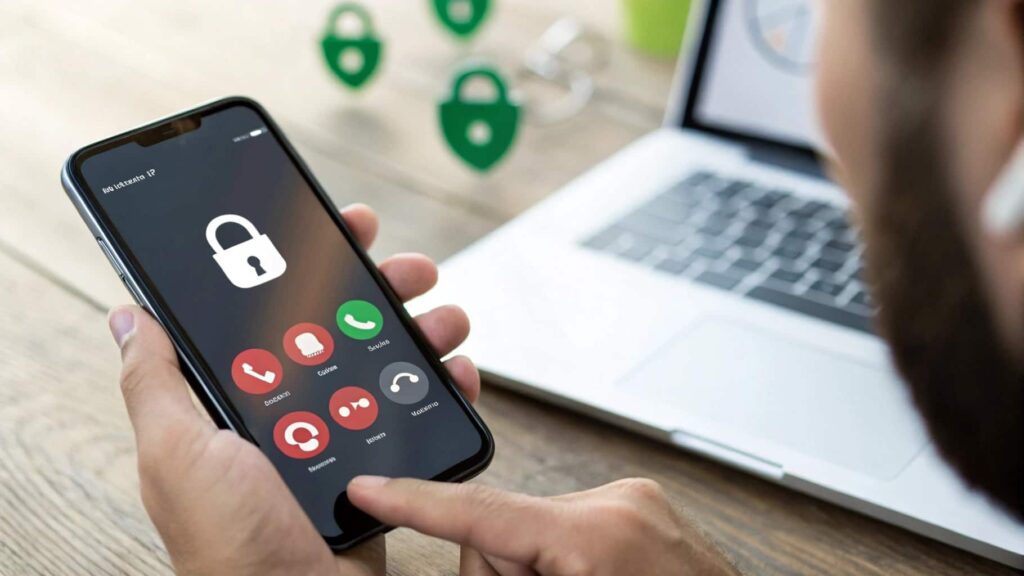
To protect yourself, block the number and report it to the Federal Trade Commission (FTC) or your country’s consumer protection agency. Using call-blocking apps and enabling your phone’s spam filters can add an extra layer of defense against these kinds of spoofed scam calls.
FAQs:
Is it common for scammers to spoof caller IDs?
Yes, scammers frequently use caller ID spoofing to make it appear as though the call is coming from a legitimate source. This tactic is often used to impersonate trusted agencies like the IRS.
Can I trust offers of debt relief or tax reduction over the phone?
No, you should not trust unsolicited phone calls offering debt relief or tax reduction. These are often tactics used by scammers to extract personal information or payments for services that don’t exist.
What information should I never provide over the phone?
Never provide your Social Security Number (SSN), bank account details, or credit card numbers over the phone to unsolicited callers. Real government agencies will never request such sensitive information this way.
Can scammers really eliminate my tax debt?
No, scammers cannot eliminate your tax debt. While programs like the IRS Fresh Start Initiative exist, legitimate tax relief programs do not make promises over the phone and never require upfront payments.
What should I do if I accidentally shared personal information with a scammer?
If you suspect you’ve shared personal information with a scammer, contact your bank immediately to report potential fraud. Also, monitor your financial accounts for unauthorized transactions and report the incident to the FTC.
Are all toll-free numbers used by scammers?
No, not all toll-free numbers are used by scammers. However, scammers often use toll-free numbers, such as 844, 800, or 888, to make their calls appear legitimate, so always be skeptical if the call seems suspicious.
Conclusion:
Scam calls like the one from 8446720673 are becoming more frequent, more convincing, and more dangerous. They use fake identities, official-sounding programs, and toll-free numbers to trick people into trusting them. But now that you know the truth behind this robocall scam, you’re better prepared to protect yourself.
Always stay cautious, verify any financial or government-related call through official websites, and never respond to unsolicited offers — especially ones promising tax relief or debt forgiveness out of the blue. The more you know, the better protected you’ll be.
Also Read:
